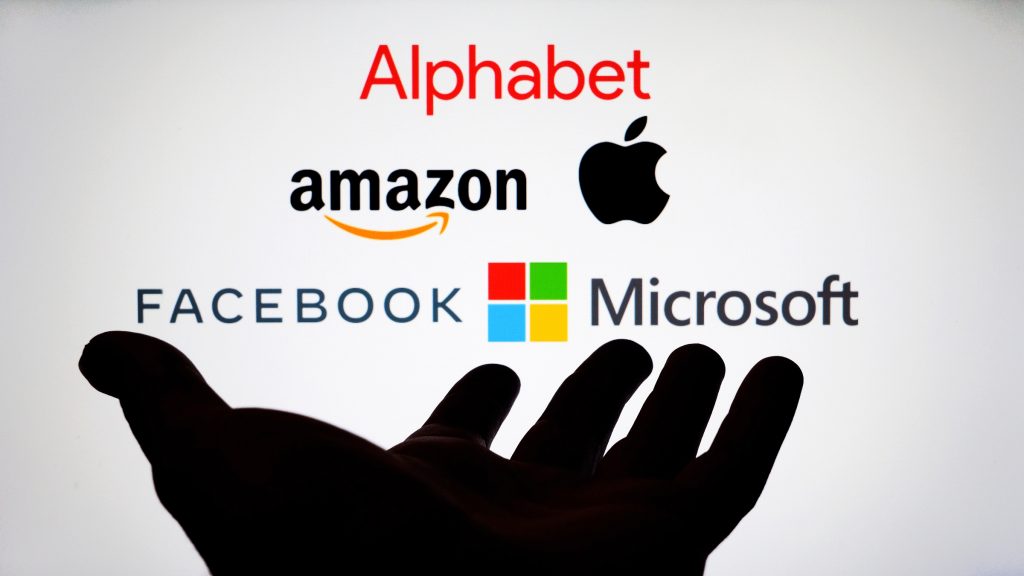
The fear of missing out (FOMO), an infamous psychological phenomenon, is fueling tech companies’ AI adoption frenzy, as reported by CNBC.
FOMO was first identified in 1996 and then became increasingly prevalent, especially with the rise of mobile phones, texting, and social media platforms. it refers to the anxiety or unease that arises from the fear of not being included in an exciting or important event, activity, or experience. A typical example of FOMO is when someone might feel anxious about missing the festival that all their friends are attending.
Apparently, even the biggest tech companies in the world experience FOMO, as every single one of them is trying to have a slice of AI cake.
At the end of March, Amazon announced its largest external investment, which is set to span three decades. This move is a part of the company’s efforts to secure a dominant position in the competitive field of AI.
It has also disclosed that it is planning to allocate $ 2.75 billion to support the AI startup Anthropic. many observers also view this AI company as the major competitor to the prominent player in the AI space, OpenAI.
Anthropic is currently focused on developing its foundational AI model, which serves as the backbone for the conversational robot named “Claude.” Notably, it launched the third version of Claude in early March, underscoring its commitment to advancing AI technology.
However, Amazon is not the only tech company that has multiple investments in the AI sector. In fact, such investments have become a trend within the industry. Instead of purchasing startups, tech companies have redirected their investments to develop generative AI models.
These companies are massively integrating AI into their features and products to ensure that they will not fall behind in a market that is expected to reach $1.3 trillion in revenues by 2032, as reported by Bloomberg.
Fred Havemeyer, Head of AI and Software Research at Macquarie noted that the fear of missing out (colloquially known as FOMO) is fueling tech companies’ decisions to heavily investment in the sector.
Financial data analysis company PitchBook reported that, in 2023, investors and tech companies invested a total of $29.1 billion across approximately 700 deals related to generative AI. This marked a staggering increase of over 260% compared to the previous year. The numbers add up as AI models are expensive to design and train, requiring thousands of specialized chips produced exclusively by Nvidia so far. Even Meta announced that it is allocating billions for Nvidia graphics processing units. As a result, Nvidia experienced a substantial boost in its annual revenues, with contributions from major companies like Meta, helping to drive this increase to over 250%.
Microsoft, ever the trendsetter, started the race when it invested $1 billion in OpenAI when the company’s ChatGPt first came out and dazzled everyone in 2019. Microsoft’s investments have now reached about $13 billion. The tech giant also relies heavily on ChatGPT as a model and offers open-source models on its Azure cloud service.
Acting as a developer and an investor, Alphabet, Google’s parent company, has refocused much of its product development efforts on generative AI adoption. It specifically focused on its model, Gemini, adding new features to its search, maps, and other services.
These tech giants, with all their massive investments, are aiming to shape the future, as AI adoption is the technology that will define the next era.
Inside Telecom provides you with an extensive list of content covering all aspects of the tech industry. Keep an eye on our Tech sections to stay informed and up-to-date with our daily articles.